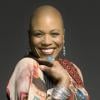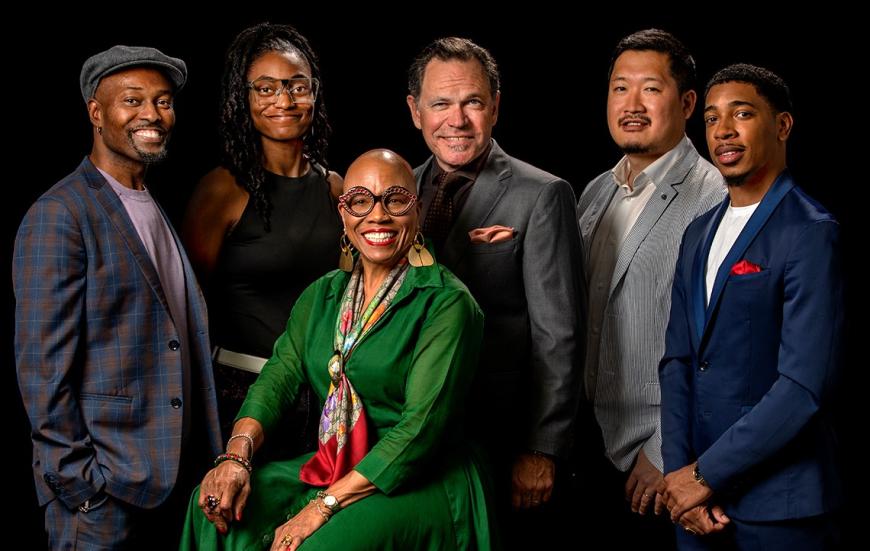
The gig called for celebrating the legacy of the Monterey Jazz Festival, but Dee Dee Bridgewater couldn’t resist making a little history of her own.
An incandescent performer who was named an NEA Jazz Master in 2017, Bridgewater is part of the latest edition of the Monterey Jazz Festival on Tour, a band that debuted in its new configuration at the festival this past September. The concept of assembling an all-star combo to celebrate the world’s longest continuously running jazz event first emerged as part of the festival’s 50th season, and every few years Monterey’s longtime artistic director, Tim Jackson, assembles a new cast to take the festival’s storied legacy on the road.
The talent-laden sextet, which starts its national tour Jan. 17 at Santa Cruz’s Kuumbwa Jazz Center and also hits UC Berkeley’s Zellerbach Hall Jan. 18 and Walt Disney Concert Hall Jan. 20, gave a taste of its volatile creativity as part of the 65th festival, delivering more than a few surprises. With minimal rehearsal time, Bridgewater wanted to use the arena as a proving ground, said alto saxophonist Lakecia Benjamin.
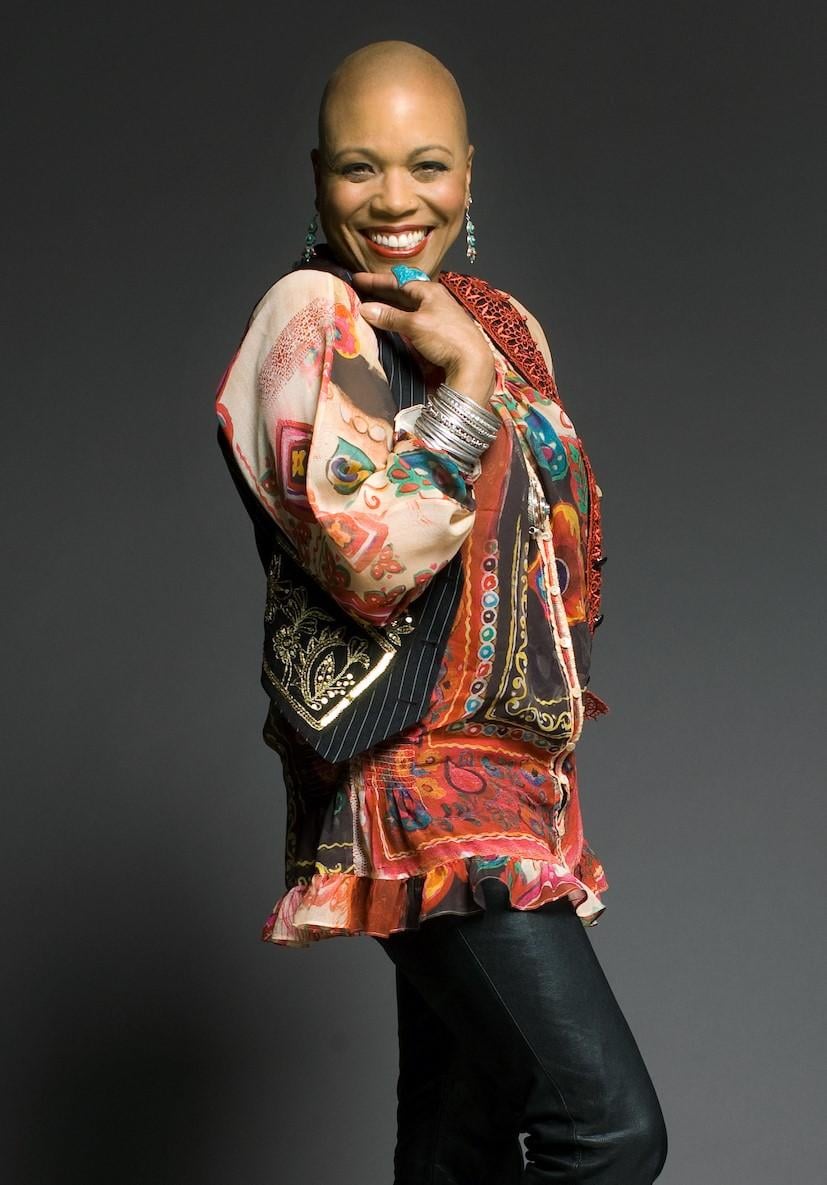
“Dee Dee called me and said write a rap for ‘Compared to What,’” said Benjamin, whose excellent new album, Phoenix, landed her on the cover of the February issue of DownBeat magazine. “I’ve never written a rap before, but I was like, OK. I’m willing to do whatever they ask me.”
With a set that ranged widely across eras and artists, including Bridgewater’s blistering version of Nina Simone’s “Four Women,” the singer made sure that the MJF on Tour band was also ready to blaze new trails, like including members of the Richmond, Va., funk/fusion band Butcher Brown. “I suggested trying to get hip-hoppers in different cities to join us throughout the tour,” said Bridgewater, whose laurels include three Grammys and a Tony Award for creating the role of Glinda the Good Witch in the original Broadway production of The Wiz. “I made that suggestion. The rest ain’t up to me.”
If the MJF on Tour can maintain the tricky balancing act between historical tribune and cutting-edge laboratory, it’s because the unit brings together artists with a good deal of history and trust. Returning from the 2019 edition are pianist and music director Christian Sands, bassist Yasushi Nakamura, and drummer Clarence Penn. At 33, Sands is the youngest member of the group, and he notes that Nakamura and Penn were a sought-after rhythm section tandem long before they became members of his trio.
“Having them as the root of the band, you know it’s going to feel good,” Sands said. “When you have a rhythm section like that, it’s going to feel great.”
Joining Bridgewater in the front line is Grammy Award-winning vocalist Kurt Elling, whose wing-stretching in recent years is approaching condor dimensions. An artist who thrives on collaborations, he’s toured and recorded with Branford Marsalis and plunged into the soul-steeped SuperBlue project with guitarist Charlie Hunter and the Butcher Brown rhythm section. As two of jazz’s most dynamic and combustible singers, he and Bridgewater have long formed an avid mutual admiration society, which led to Elling recruiting her to star in his live “jazz noir” radio drama, The Big Blind.
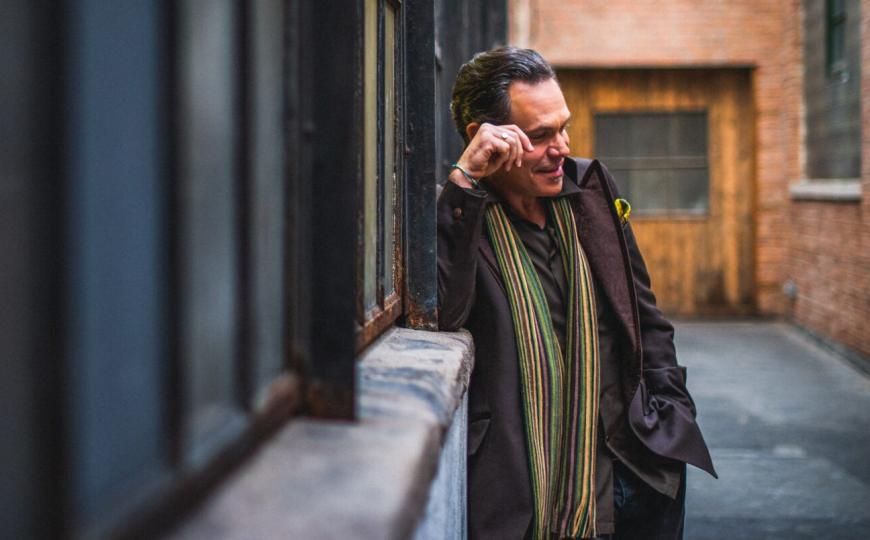
“I love Kurt,” Bridgewater said. “I’ve pushed him in terms of acting, and what he did with The Big Blind, with all of his usual focus, was beautiful. I like that he’s pushing the envelope, and I love being onstage with him. He’s got the most amazing chops. He’s got volume on him. When I sing facing Kurt, I feel like I’m in front of a wind machine. He’s got the most amazing instrument and power in his voice.”
It was through The Big Blind that Bridgewater took Benjamin under her wing. After serving as an unofficial mentor for several years, Elling hired the altoist for the 2019 Lincoln Center premiere of the production, and Bridgewater was duly impressed by her poise, lyricism, and passion for accompanying vocalists (all traits abundantly evident on her new album). Bridgewater ended up recruiting Benjamin for the inaugural class of the Woodshed Network, the mentoring program the singer launched in 2019 with her daughter and manager, Tulani Bridgewater-Kowalski.
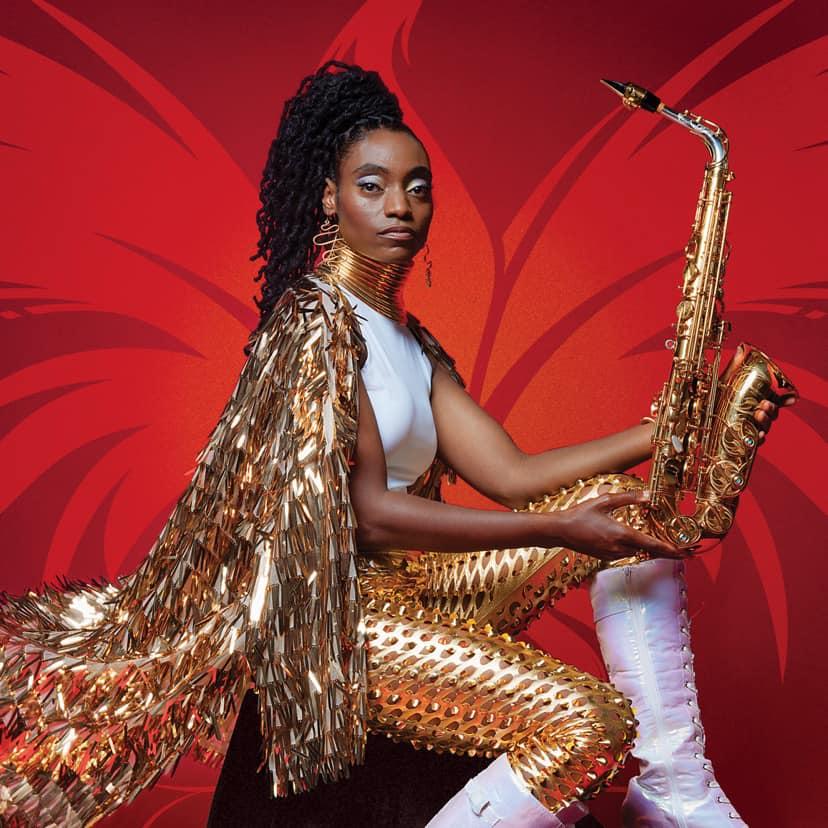
“Dee Dee gave me the courage to start my own career as a bandleader,” Benjamin said. “She and Kurt are such powerful artists. To be honest, when I first got the Monterey setlist, I was not super excited. But at the festival, creating arrangements on the spot, the way we interacted, made me hear them in a way I’ve never heard them before. They’re open-minded to all the possibilities.”
Bridgewater and Elling were both members of previous Monterey Jazz Festival all-star bands, so they’re well acquainted with the assignment. Bridgewater hit the road with a spectacular group 10 years ago featuring bassist Christian McBride, saxophonist Chris Potter, drummer Lewis Nash, and two Berkeley High alumni, pianist Benny Green and trumpeter Ambrose Akinmusire. She admits she was “a little lukewarm” when Jackson approached her about saddling up again.
“I thought, this is nice, but I’ve already done it,” said Bridgewater, 72. “I wasn’t keen, but my daughter said, ‘You’ve got to do this.’ I’m at that point where I don’t necessarily accept every little thing. But as the band was coming together, I thought it was pretty good. I’ve worked with Christian, I love Kurt, and I adore Lakecia. I’m so proud of her. So this is an interesting pairing of people.”
Of course, Bridgewater has insisted on putting her own stamp on the proceedings. The mission is to select material tied to the festival’s history, which dates back to 1958 and encompasses just about every jazz giant who’s been active over the past six decades, including Louis Armstrong, John Coltrane, Dizzy Gillespie, and Billie Holiday.
“You’ve got to leave your stuff at home and represent the history of this amazing festival,” Bridgewater said. “It’s our obligation to do that, which means the music has to be kind of specific.”
Jackson asked Bridgewater to choose something from the repertoire of the Thad Jones/Mel Lewis Orchestra, the group with which she made her Monterey debut in 1973, and a standard from Holiday’s songbook. “But I’ve done Billie before,” said Bridgewater, who’s played the iconic vocalist onstage in the musical biography Lady Day and celebrated her on the 2009 album Eleanora Fagan (1915–1959): To Billie With Love From Dee Dee. “I’d like to do something to honor Chick Corea and maybe Wayne Shorter. These are also people who are important to me.”
For Bridgewater, jazz isn’t just about creating music in the moment. It’s about blazing a trail to the future, on and off the bandstand.



